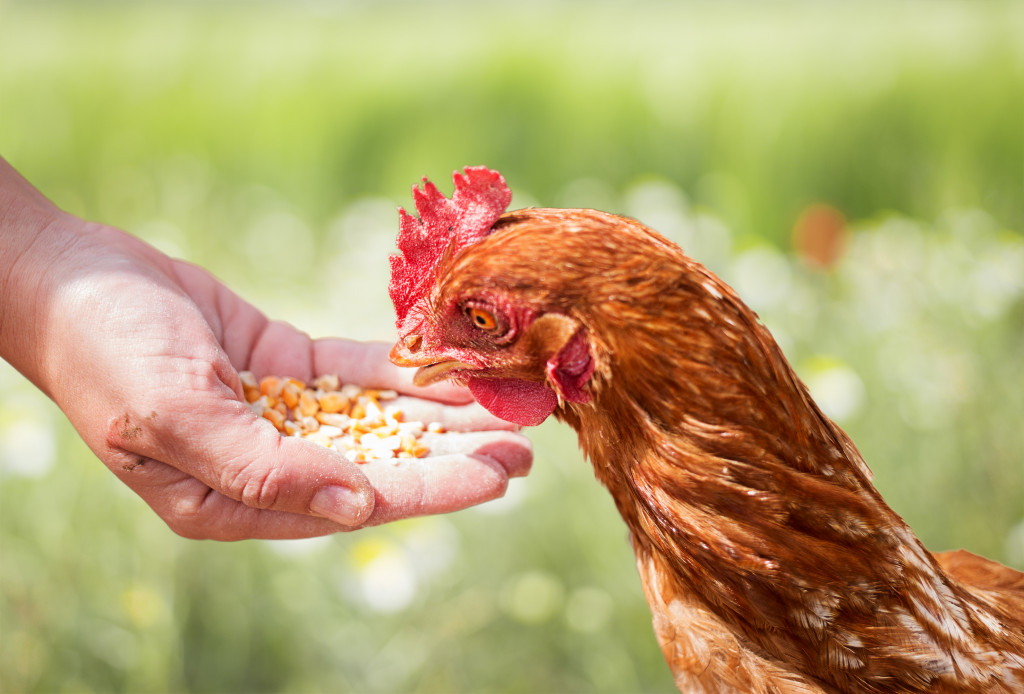Hobby farming has become a hit in the last few years as more people are getting interested in small agriculture. Some want to grow their own fresh and organic vegetables, while others are more inclined to produce animal products. But regardless of what’s in it for you, hobby farming can offer tons of health benefits, and some financial perks too.
With the fast pace of modern life, hobby farmers can learn to slow down and connect with nature without great stress and worries. Farming is not only a good side business but also a natural way to create sustainability. It allows you to grow and obtain food using organic fertilizer and give you the advantage of a sustainable food supply.
Are you interested in having your own hobby farm? These tips can help you get started:
Get real-world experience
Farming is not something you should romanticize. Avoid getting overwhelmed with reality by gaining real-world farming experience. Find farms you can work on, particularly in different climate regions. Every farm and farmer is different, so you’ll surely learn something new from every experience. Working on extreme weather events can help you learn how you can safely manage the wellbeing of the animals and plants that will be located outdoors.
Since you’ll be starting a hobby farm, a small farming experience would be enough. You can directly reach out to local farms for an internship or available jobs or check your school for a formal program tract.
Set your budget
The third thing you should plan on is the budget for your farm. Think forward when deciding on the size of farm you want to buy or build. For example, you should ensure that you will not have a hard time reselling the farm in the future if you need to. Create a budget based on what you can afford and what you need. Consider your farming goals so you can accurately map out how much land you’ll require.
Don’t think about how many acres you dream of having. If you can’t afford to buy the farm yet, you can work as a caretaker for another’s farm for a little while. You’re earning experience and money at the same time.

Choose crops and animals
Now, for the real deal, you need to pick the crops and animals you’re planning to have for your hobby farm. Of course, you can choose the ones that you desire the most. What kind of crops or animals inspire you to farm? Start with a few. If you have too many options in mind, make a list. Next, research everything on your list to know which ones are the most profitable.
Hobby farming may not be initially for making money, but it’s important to think of the long term. You’re still investing money and time after all. You can do your research online or talk to local farmers about the best farmers and crops to grow in your area and climate conditions.
Get the right equipment
Hobby farms may be considered smaller than standard ones, but that doesn’t necessarily mean they are greatly manageable. Whether you’re planning for something that’s exactly 50 acres or less than that, you should still invest in farm equipment. Getting some horsepower can help you save plenty of time in case you’ll only be able to care for your farm in your spare time. For starters, you need lawn tractors, compact utility tractors, utility vehicles, and pickup trucks.
If you have an extra budget, you can invest in farming drones, too. These can help you in monitoring your irrigation system and livestock, checking on crop health, spraying more accurately, and mapping the entire property. You can check your local agriculture equipment store or online shops to complete your gear.
Know how to reach customers
If you’re planning to earn a living through your hobby farm in the future, you need to think about your market. Many farms use various venues to get their products to the target customers. These include on-farm sales, roadside farm stands, farmers’ markets, or sell to wholesale distributors or retailers. To get an idea about how you can sell your products to the people, check on what other local farms are doing. Do your homework prior to carrying out a distribution strategy.
Hobby farming is indeed a great way to pursue a passion for agriculture, from growing your own vegetables, selling crops to the community, and caring for animals. This small-scale farm isn’t just for pleasure. You can also grow it into a bigger and profitable business if you want to. But for now, start with these steps and enjoy your hobby farm.

